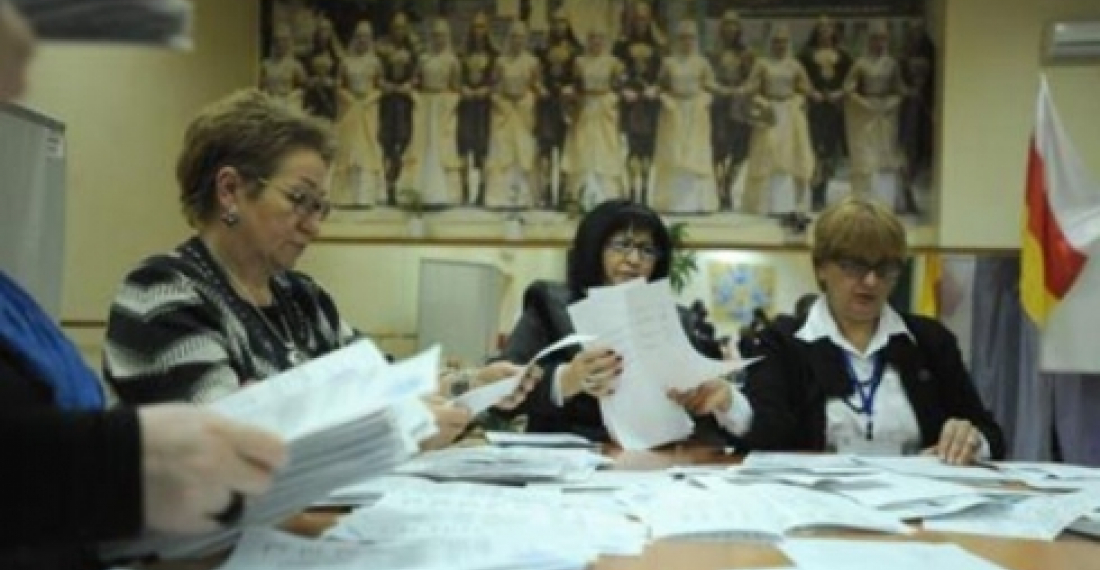Небольшая самопровозглашенная республика Южная Осетия, отделившаяся от Грузии в 1992 году, наконец-то избрала президента после шести месяцев политической нестабильности, которая началась после выборов в ноябре результаты которых были отменены из-за нарушений. Электорат Южной Осетии выбрал вчера бывшего главу местного КГБ, Леонида Тибилова, в качестве нового президента.
Предварительные результаты показали, что он набрал 53,67% голосов во втором туре выборов против Давида Санакоева, который получил 42,99%.
В коротком обращении Тибилов сказал: "Я поздравляю народ Южной Осетии, который принял активное участие в выборах. Самое главное сегодня то, что эти выборы вообще состоялись. Народ устал, но он - мудрый и смог выбрать президента. Я поздравляю всех, и не только тех, кто проголосовал за Леонида Тибилова, но и за Давида Санакоева", сказал он, добавив, что его главной целью на посту президента будет единство всех жителей Южной Осетии.
Давид Санакоев признал свое поражение и заявил, что не будет оспаривать результаты выборов. "Мы признаем результаты и поздравляем Леонида Тибилова с победой на этих выборах", сказал Санакоев.
Выборы ознаменовали конец многомесячной политической нестабильности, которая вызвало замешательство в Москве, главный союзник Южной Осетии в ее противостоянии с Грузией. На Тибилова смотрят в Москве, как на надежную пару рук, но он вряд ли может быть вдохновляющим лидером. Эта территория остается тяжелым экономическим бременем для России, и потенциальным очагом возгорания в регионе. Эти выборы уже были отвергнуты Соединенными Штатами, Европейским Союзом и другими странами, которые по-прежнему видят Южную Осетию, как часть грузинской территории. Пока российские военные присутствуют там любые попытки Грузии восстановить контроль над территорией маловероятны. Вопрос остается чувствительным для Тбилиси, который будет использовать любую возможность, чтобы попытаться изменить статус-кво.
Источник: commonspace.eu, ИТАР-ТАСС
Фото: Подсчет голосов в самопровозглашенной Республике Южная Осетия после выборов 8 апреля 2012 года (фото любезно предоставлено ИТАР-ТАСС)
Южная Осетия наконец-то избрала нового президента. Этим заканчивается многомесячная напряженность, но многие вопросы о будущем остаются без ответа.
Южная Осетия наконец-то избрала нового президента. Этим заканчивается многомесячная напряженность, но многие вопросы о будущем остаются без ответа.







